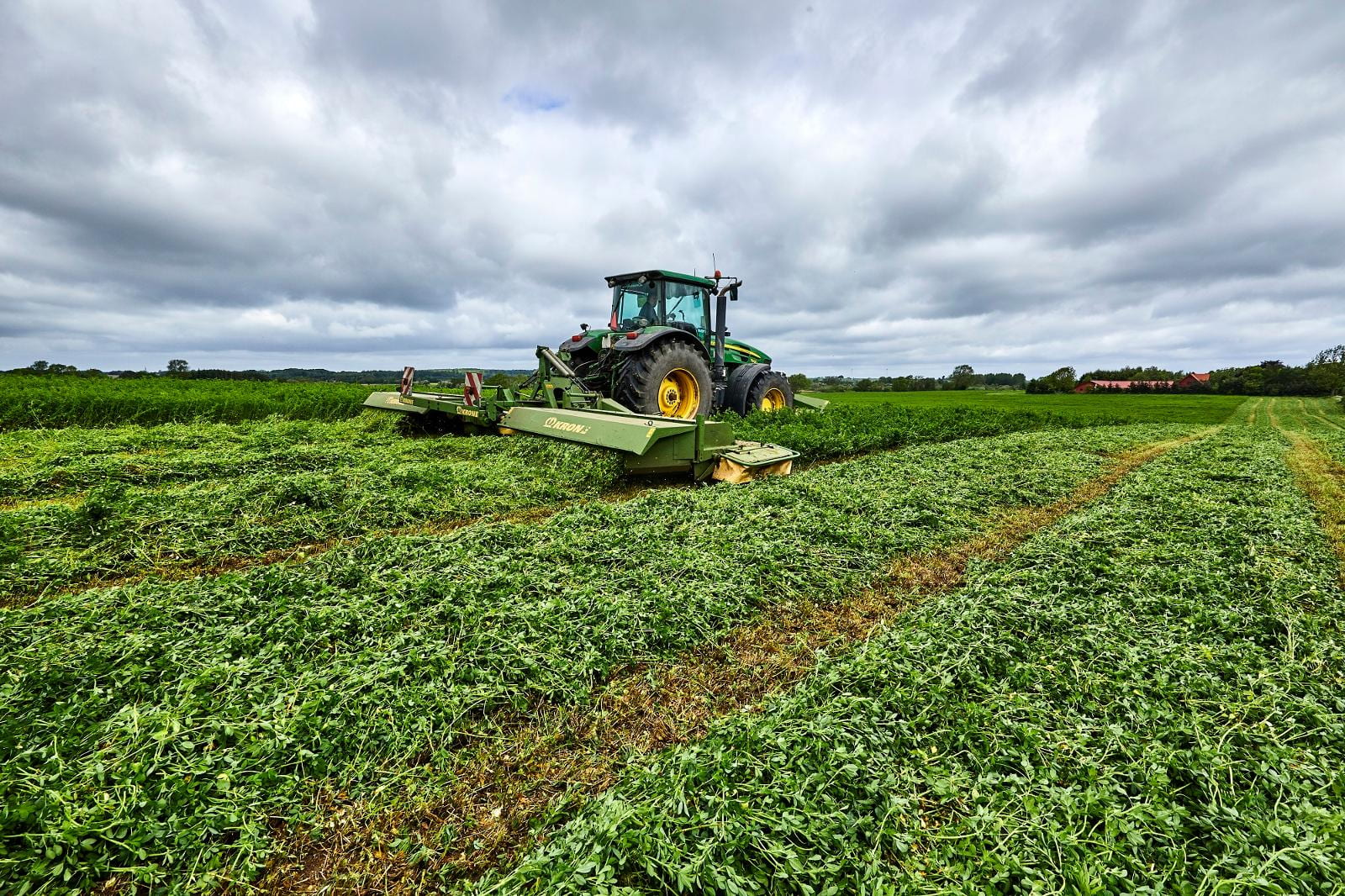
By Laine Havens
The Cornell Soil Health Program — consisting of experts focusing on research, outreach and education — hosted an international certificate course on soil health starting Oct. 3 and ending Nov. 14, aiming to educate participants on soil health principles, metrics and management.
The virtual course was open to any interested students, practitioners or educators with relevant background in agriculture and soil science from across the globe. Registration fees varied depending on course level and the discounts were provided for New York State residents and participants from developing countries.
The Advanced Soil Health course provided participants with knowledge on leading soil science, assessment and management. Soil health refers to the integration of physical, chemical and biological properties of soils to perform functions that sustain plant, animal and human life.
Scholars find that studying soil health is valuable because of its many connections to human life. In addition to being an important source of supplying nutrients, robust soil is necessary for storing carbon from the atmosphere through carbon sequestration. Soils are directly and indirectly responsible for 95 percent of the world’s food production, according to the Food and Agriculture Organization. A shortage of nutrients in soils can limit crop yield, making soil health important for sustaining a steadily growing global population.
The program is taught by faculty lead of the Cornell Soil Health Program Prof. Harold van Es, integrative plant science soil and crop sciences, and Extension Associates Debbie Aller and Joseph Amsili.
“We all rely on [soils] and they are often neglected and really taken for granted, so it’s a way to educate more people,” Aller said. “They’re critical to a sustainable and healthy food system or agricultural system. We rely on them everyday for medicine, for clean water, for more nutritious food — pretty much everything.”
The course, consisting of virtual live-lectures and asynchronous work, offered two tracks this year: a basic course consisting of three modules and a more advanced course with four additional modules. After completing the course, participants received a certificate of completion.
The modules spanned a wide range of topics, from soil chemistry and biology to soil assessment — the process of measuring indicators that correspond to specific aspects of soil health, which can then be addressed through different management techniques.
For example, Wet Aggregate Stability is an indicator that measures the ability of a soil sample to remain intact when rained on. Poorer aggregation reduces the capability of a soil to store water, exchange air and germinate seeds. For farmers, this means increased plant stress, erosion and flooding, which make fields harder to manage. Many different management strategies can address Wet Aggregate Stability, such as reduced tilling and the rotation of crops with sod crops and fungi hosts for increased biodiversity.Subscribe to our daily newsletter!
The 2023 Advanced Soil Health Course is one component of the outreach and extension efforts affiliated with the Cornell Soil Health Program which aims to provide resources on soil health. A similar course was offered in 2021, and it will likely be offered again, according to Amsili.
“We [were] really excited by the registration turnout [for the Advanced Soil Health Course] this year,” Amsili said. “There’s a lot of demand for soil health education and a lot of activity and excitement around this field.”
According to Amsili, participants have ranged from traditional agricultural professionals, and farmers to federal and state employees.
“[What’s exciting about this course is] how many people around the world in different sectors and parts of the food system are interested in learning about soil health and wanting to be really engaged in the process of helping expand that [knowledge] across the world,” Amsili said.
Although the course also discusses alternative methods of soil assessment, a key foundation of the course is the Cornell Framework for Comprehensive Assessment of Soil Health, of which van Es was the lead developer for.
“Cornell University and the program here is a world leader in topics related to soil health,” Aller said. “So it’s just a really great opportunity for people from all over the world to be able to connect and have a really solid foundation on soil health.”
